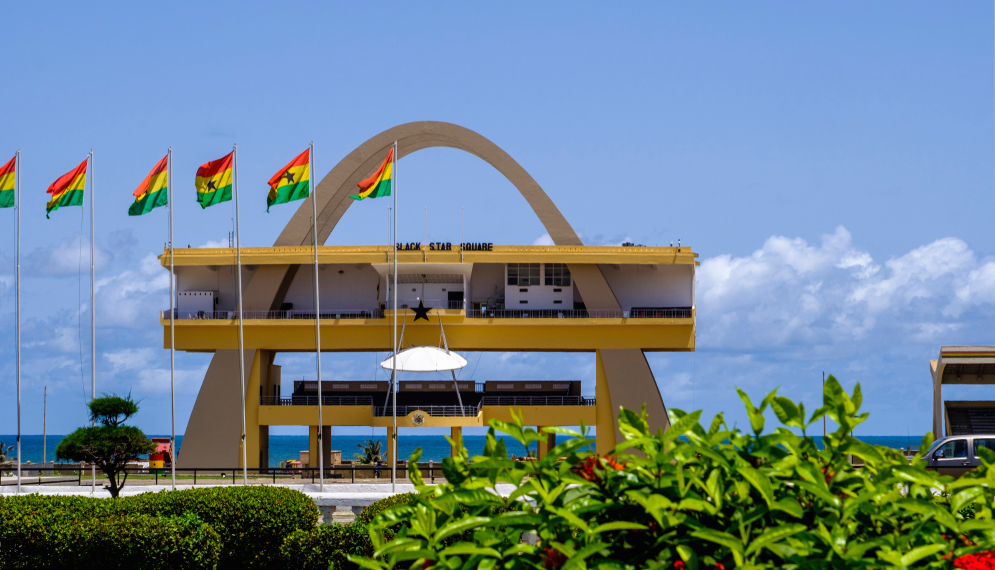A combination of domestic imbalances and external shocks in 2022, led to macroeconomic challenges in Ghana. The year was marked by currency depreciation, rising inflation, and tumbling investor confidence. Pre-existing fiscal vulnerabilities such as mounting debt burden, a rigid budget weakened by high energy sector costs and chronically low public revenues, were deepened by difficult global economic conditions notes the World Bank’s latest Economic Update.
Read More: The Growing Business of ‘Gig Work’ in Africa
The report titled “Price Surge: Unraveling Inflation’s Toll on Poverty and Food Security” states that Ghana faces an extremely challenging outlook, and the economic situation is likely to remain challenging before it rebounds. Economic growth is projected to slow down to 1.5% in 2023 and remain depressed in 2024 at 2.8% but the economy is expected to recover to its potential growth by 2025.
“As a result of efforts to address macroeconomic instability, corrective fiscal and monetary policies are expected to influence total demand and slow down non-extractive GDP growth”, said Pierre Laporte, World Bank Country Director for Ghana, Liberia, and Sierra Leone “High inflation, increased interest rates, and macroeconomic uncertainties will keep private consumption and investment growth below pre-pandemic levels, leading to subdued non-extractive growth in the short term; but growth will begin to recover to its potential by 2025 as drag from fiscal consolidation fades and macroeconomic stabilization and structural reforms start bearing fruit.”
Read More: The Importance of Digital Rights –Safeguarding Our Digital Future in Africa
The report also indicates that high inflation in 2022 has had significant effects on food security and poverty in Ghana and has eroded the purchasing power of Ghanaian households, leading to a deterioration in living standards and ultimately, worsening poverty and food insecurity. Simulations suggest that in 2022 nearly 850,000 Ghanaians were pushed into poverty due to rising prices and the loss in purchasing power.
Medium-to-long term policy actions may include the channeling of investments in agriculture research and technology transfers to help increase productivity and reduce production costs, as well as improve the quality and safety of food. Additionally, on climate change, it is essential that the government invests in climate smart agriculture initiatives which can help farmers adapt to changing weather patterns. Promoting a sustainable agriculture, resilient to climate change, can help farmers withstand future shocks.
Read More: Caught in the Web –Addressing Internet Addiction in Africa
In addition to supporting higher domestic food production, policies need to target opening the country to more effective integration with global food supply chains. Programs may seek to foster regional and global trade to improve the availability and affordability of food by reducing barriers to trade, promoting regional integration, and increasing market transparency. Also, policies that seek to reduce market distortions such as subsidies, taxes, and price controls can improve market efficiency and reduce food waste.
